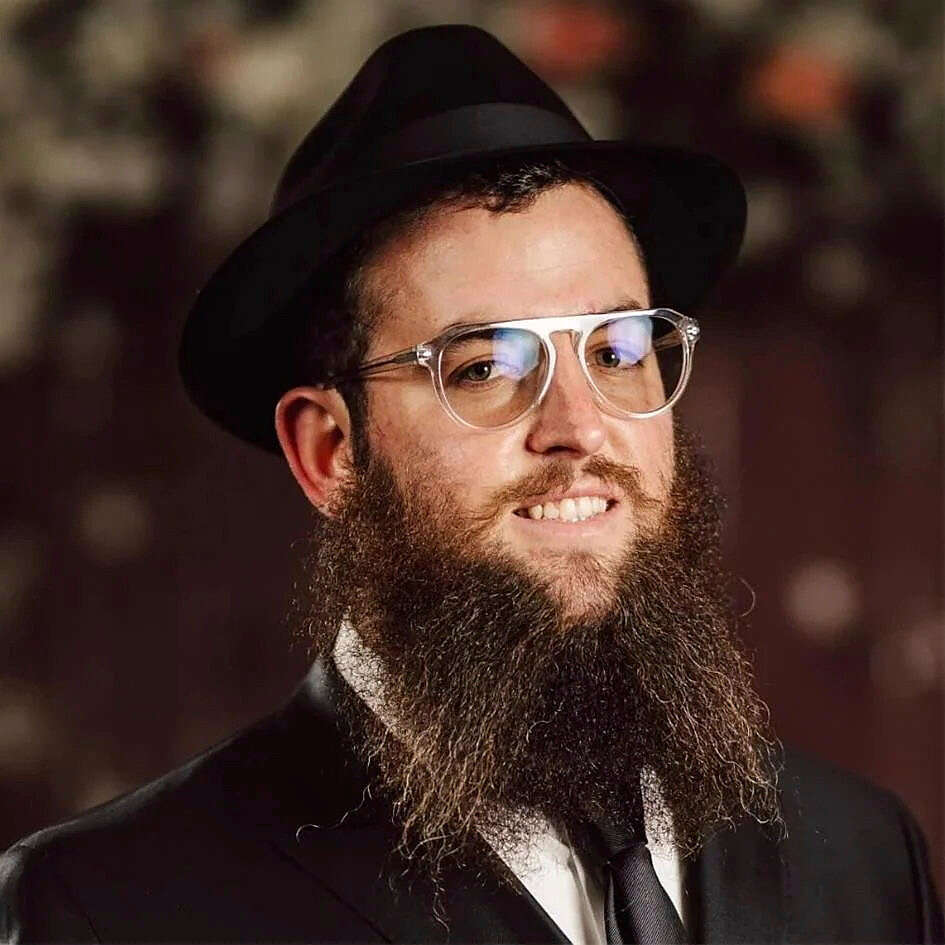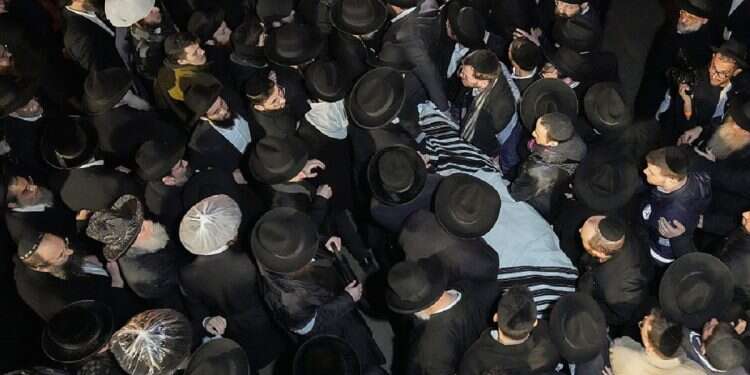The killing of Rabbi Zvi Kogan near the Omani border has shaken the UAE's carefully cultivated image as a haven of religious tolerance in the Middle East, raising questions about security just three years after the landmark Abraham Accords opened the Gulf state to Israeli visitors and residents.
Rabbi Zvi Kogan's death marks the first targeted attack on a Jewish religious figure in the UAE since the normalization of relations with Israel. The incident occurred as tensions simmer across the region amid the ongoing Gaza war.
On the morning of Nov 21, Kogan's day began routinely at the kosher grocery store where he worked in Dubai. After texting a friend about weekend plans with the Hebrew slang "sababa" for "cool," he disappeared, the Wall Street Journal reported. His afternoon dental appointment went unattended, and his wife Rivky, growing worried, contacted Chabad, the Jewish organization he represented in the Emirates, which then alerted authorities.

A person familiar with the death investigation told The Wall Street Journal that kidnappers had taken the religious leader and were driving toward Oman. The plan was disrupted, and Emirati authorities later discovered Kogan's body and vehicle inside the UAE near the border. Friends and family described to The Wall Street Journal a violent death, though exact details remain unclear.
The killing has deeply unsettled the Jewish community that emerged in the Gulf state following the Abraham Accords, agreements negotiated during Donald Trump's presidency that normalized relations between Israel and the UAE and three other nations. This community represents the first new Jewish establishment in the Arab world since the mass departure of native Jews after Israel's founding.
With support from local authorities, Jewish life flourished, including prayer services at a premium hotel on Dubai's Palm-shaped island, which drew celebrity rabbis, residents, and tourists. Over one million Israelis visited the UAE in the first three years after the accords.
While Jewish communities in Europe and the US faced increased antisemitic incidents following the war in Gaza, UAE-based Jews felt relatively secure. Though authorities advised discretion and their businesses faced online anti-Israel sentiment, physical safety wasn't a primary concern.
Kogan, an Israeli-Moldovan, had expressed feeling safe in the Arab nation during his four-year tenure. As part of Chabad's outreach efforts, he delivered challah bread for Shabbat and helped manage the country's sole kosher supermarket.

"He was going about his regular life and never thought for a second anything was going on," Rabbi Sholom Duchman, whose son Rabbi Levi Duchman leads Chabad in the UAE and is Kogan's brother-in-law, told The Wall Street Journal.
Community members described a brief period when they openly wore kippot and advertised religious services – practices unthinkable before the UAE's 2019 formal recognition of local Jewish worship. Now, amid the Gaza war, public Jewish prayer has largely ceased, returning to private, discreet gatherings.
The UAE continues investigating Kogan's death, with three Uzbek nationals that were arrested in Turkey and returned to the UAE.
While Israel has labeled the killing as an act of antisemitic terrorism, Yousef Al Otaiba, UAE ambassador to Washington who helped broker diplomatic ties with Israel, characterized it as an attack against the Gulf state's religious freedom values.
Jared Kushner, former White House Middle East adviser, and his wife Ivanka Trump announced Monday a $1 million donation to UAE's Chabad movement. His brother, investor Joshua Kushner, pledged to match the donation to the New York-based Orthodox organization.
Following Kogan's burial in Israel on Tuesday, UAE officials visited his family during shiva, the seven-day Jewish mourning period.
Kogan, central to Chabad's presence, helped oversee kosher certification, the Rimon supermarket, and a children's nursery. He forged connections with less observant Jews, several of whom accompanied his family to Israel for the funeral. "He cherished every single moment that he was there," Sholom Duchman said.




